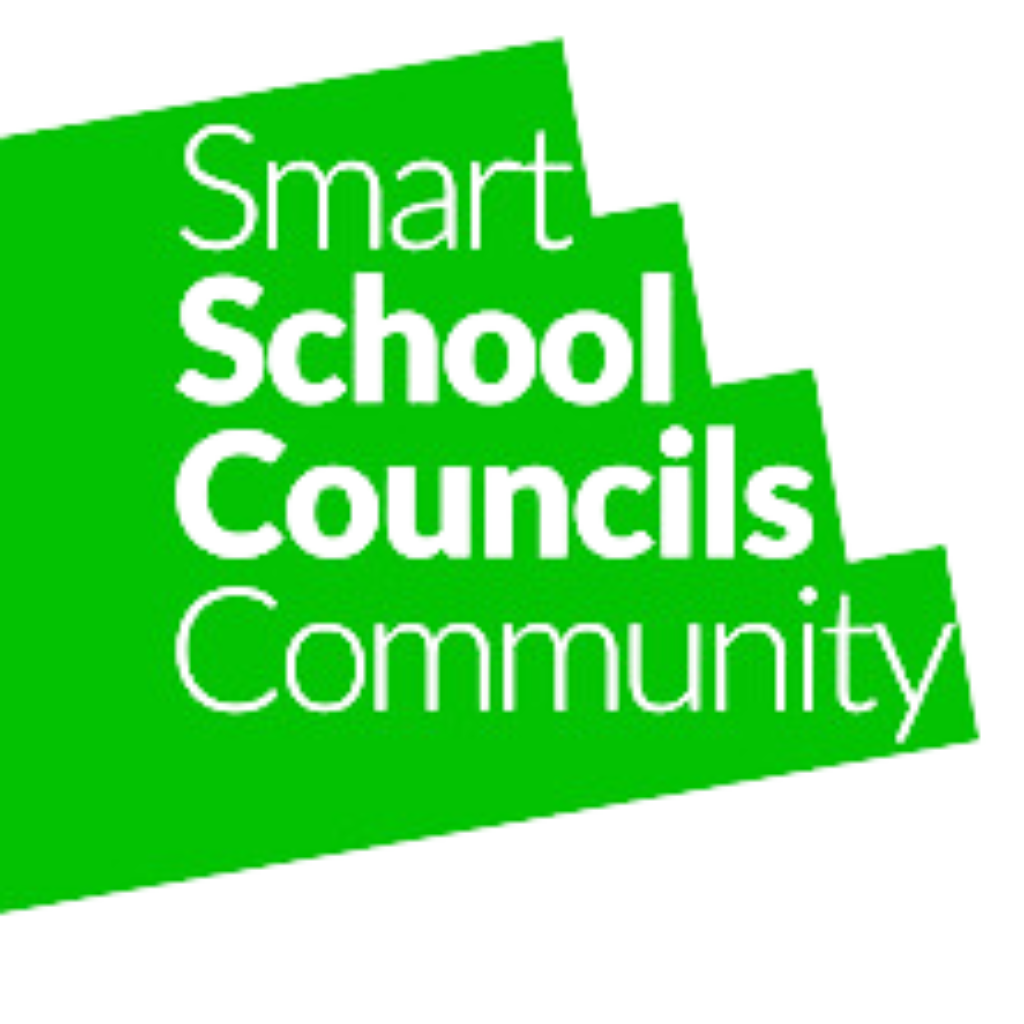The Problem with 'First Learn, Then Participate': A Closer Look at Inclusive Civic Learning Opportunities
In a recent co-branded event with the Institute for Education, Professor Jan Germen Janmaat highlighted the concept of "First Learn, Then Participate" (Walther, 2012) as a prevailing model in civic learning opportunities (CLOs), such as school councils. Is it time to reconsider this approach? Let's dive in.
Introduction
The idea that pupils need to acquire specific skills or knowledge before they can participate in civic learning opportunities (CLOs) is deeply ingrained in the current educational system. This traditional model, often summarized by the phrase "First Learn, Then Participate" (Walther, 2012), might sound logical at first glance. However, does it contribute to making school councils more inclusive, or is it exacerbating existing social inequalities?
The 'First Learn, Then Participate' Model
The underpinning logic of this model is simple: pupils should first possess certain characteristics or skills before they get the opportunity to participate. In school councils, this often translates to a voluntary and competitive framework. Students who already possess the qualities seen as necessary—good communication, strong social standing—are the ones most likely to participate.
Mandatory vs. Voluntary Participation
One of the key questions arising from this model is whether participation in such CLOs should be made compulsory. The voluntary nature of traditional school councils often means that the same demographics — frequently those from more socially advantaged backgrounds — are repeatedly represented.
The Role of Teachers
Teachers could play a pivotal role in ensuring more equitable participation. From assigning speech quotas to rotating representation in the school council, educators can facilitate a more inclusive environment. But this begs the question: can we force inclusivity without losing the spirit of voluntarism and democracy?
A Radical Reconsideration
An even more challenging proposition is to abandon these traditional CLOs altogether. The cynics among us might say that as long as such opportunities are voluntary, they will always be seized by the most advantaged pupils. Is eliminating school councils entirely a route towards greater equality?
Conclusion
The 'First Learn, Then Participate' model serves as a filter, allowing only certain pupils to engage in civic learning opportunities like school councils. By continuing to operate under this framework, we risk perpetuating social inequalities within the educational system. It's high time for a reevaluation. Do we adapt the current structures, or do we dare to envision a whole new model for inclusive education?
Smart School Councils, a charity devoted to establishing an inclusive approach to pupil voice, invites you to join this vital conversation. Your thoughts and opinions can help shape a more equitable future for all students.
Stay tuned for more insights as we continue to explore the complexities of pupil voice and school councils.
